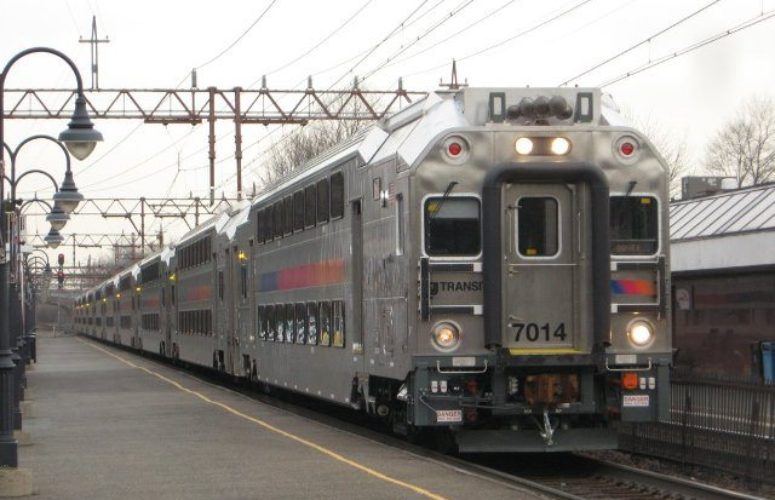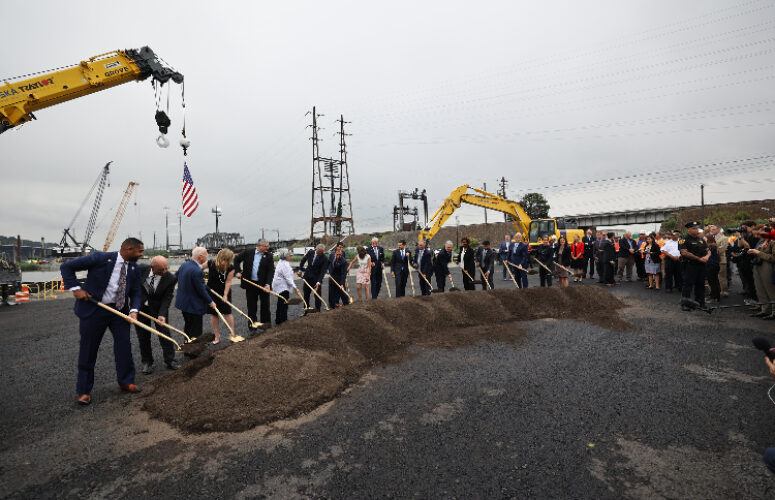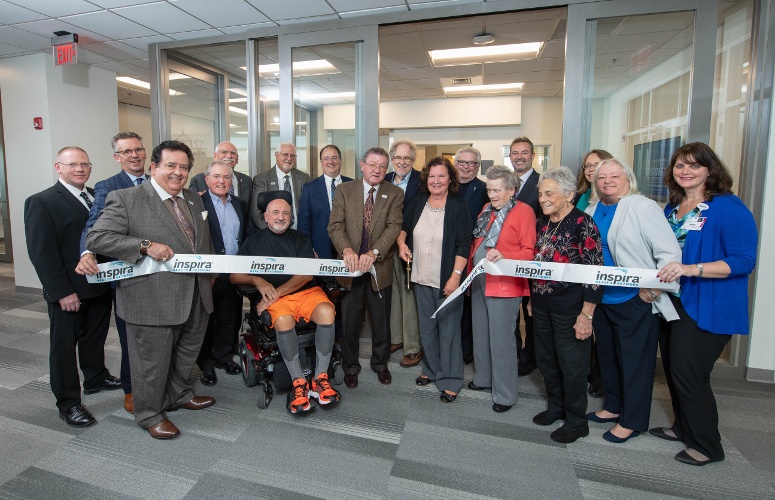
NJBPU Taps Rowan University to Conduct Study to Expand Electric Vehicle Infrastructure
On Nov 22, 2019The New Jersey Board of Public Utilities (NJBPU) has awarded a contract funded by a federal grant to Rowan University to conduct a study and create an actionable plan to improve access to clean transportation in underserved communities throughout the state.
“New Jersey’s energy future must be as fair as it is clean,” said Joseph L. Fiordaliso, president, NJBPU. “Initiatives like this statewide Electric Vehicle study move us decidedly in that direction because they will help us ensure that all communities in New Jersey have access to transformative technologies like EVs.”
The two-year, $100,000 grant is funded through the U.S. Department of Energy’s State Energy Program (SEP). It will support Rowan conducting a feasibility and market analysis on plug-in Electric Vehicle (EV) infrastructure and usage programs specifically focused on low-income populations and multifamily dwellings.
Access to clean transportation is proven to improve air quality in communities.
The grant awarded to Rowan is aligned with the New Jersey Partnership to Plug-In, a first-of-its-kind, statewide partnership to build out the necessary infrastructure to support electric vehicle ownership to improve air quality and reduce greenhouse gas emissions. The partnership, which is being co-led by NJBPU, the New Jersey Department of Environmental Protection, and the New Jersey Economic Development Authority, will create a strategic and streamlined framework to support New Jersey’s electric vehicle ecosystem, with the goal of registering 330,000 Zero Emission Vehicles (ZEVs) by 2025.
“Expanding the use of electric vehicles is just one element of the DEP’s ongoing commitment to a clean energy future for New Jersey that improves air quality, protects public health and reduces the harmful effects of climate change,” NJDEP Commissioner Catherine McCabe said. “Accordingly, the DEP is adding plug-in hybrid electric vehicles to its fleet, and I am further encouraged by the gains we are seeing statewide in registration of electric vehicles.”
The goals of the statewide EV study are:
1. To create a plan to improve access to EVs and their related infrastructure for underserved communities; and
2. To facilitate the installation of EV infrastructure at multifamily housing locations that currently have no access to EV charging.
The SEP provides funding and technical assistance to states, territories, and the District of Columbia to advance energy initiatives, enhance energy security, and reduce energy waste. The competitive funds are intended to advance innovative approaches for local clean energy development to reduce energy bills, protect the environment by reducing carbon emissions, and increase energy security.
To access more business news, visit NJB News Now.
Related Articles:





